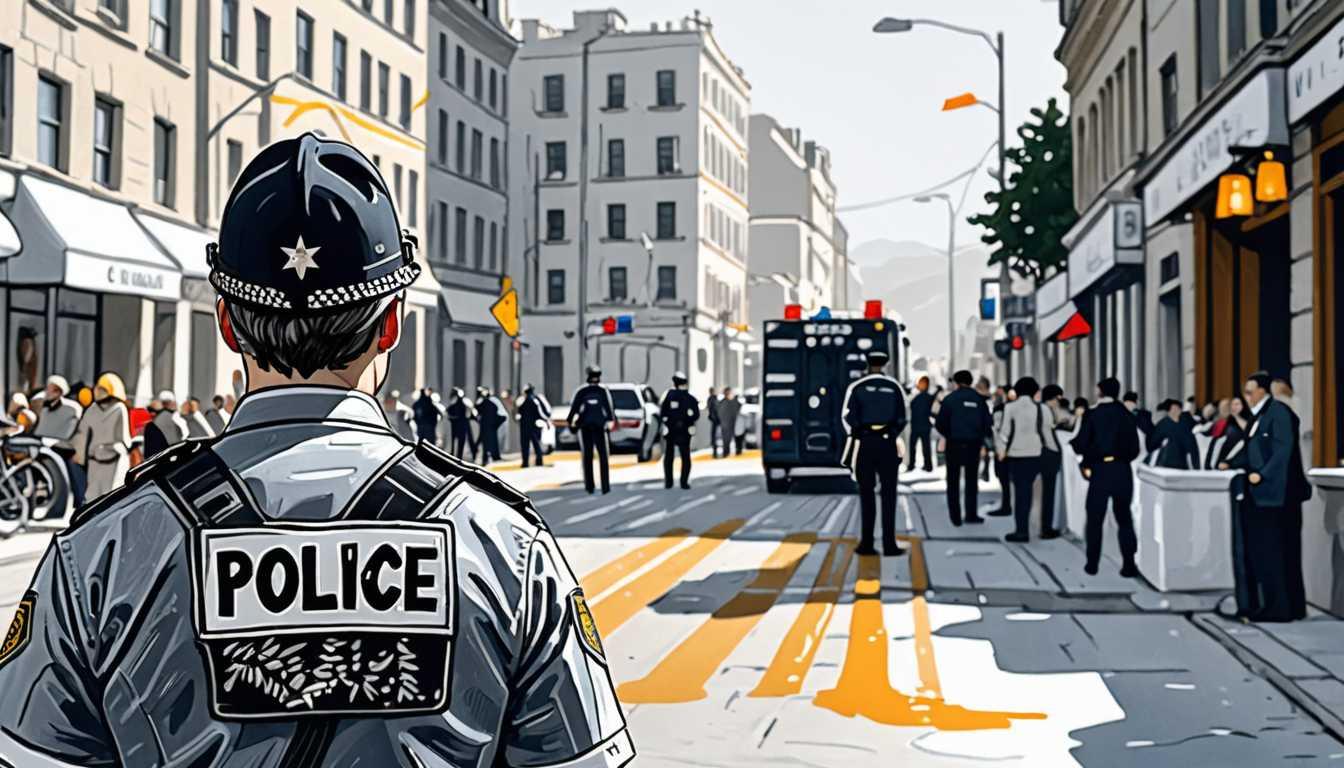Zip Code to Prison? Unpacking Justice
April 2023
The Conversation
Introduction
Imagine a world where your zip code, the school you attend, or your heritage could predict your chances of ending up behind bars. Surprising, right? That's exactly what researchers explored in The social determinants of justice: 8 factors that increase your risk of imprisonment. Published by The Conversation, this eye-opening article dives into how factors like poverty, education, and discrimination stack the odds against certain groups, leading to a justice system that seems anything but just. It's a must-read for anyone curious about the intricate dance between society and incarceration. Ready to challenge your perspective?
READ FULL ARTICLEWhy It Matters
Discover how this topic shapes your world and future
Unlocking the Puzzle of Justice
Have you ever wondered why some people seem more likely to end up in trouble with the law than others? It's not just about the choices individuals make. There's a whole world of factors, like where you live, the quality of your education, and even your background, that can push people towards or pull them away from the justice system. These are called the social determinants of justice, and understanding them can help us create a fairer society for everyone. Imagine a world where everyone has the support they need to thrive, regardless of their start in life. That's why this topic is not just interesting – it's essential. It's about real lives, real challenges, and the power we have to make a difference. Plus, it's a chance to see how everything from psychology to economics and policy-making connects in the real world, making it super relevant to you, no matter what you're passionate about.
Speak like a Scholar
Social determinants
These are the conditions in which people are born, grow, live, work, and age that impact their health and quality of life. For justice, it includes factors like education and housing.
Incarceration
This is when people are held in prison or jail. It's an outcome that can be influenced by social determinants.
Longitudinal study
A research method that involves observing the same subjects over a period of time, sometimes years or even decades.
Structural racism
This is when society's institutions, like the legal system or education system, maintain and enforce racial inequality.
Criminogenic
Something that increases the risk of someone becoming involved in criminal behavior.
Diversionary options
These are alternatives to incarceration, like counseling or community service, aimed at rehabilitating rather than punishing.
Independent Research Ideas
The impact of education quality on youth offending
Investigate how differences in school resources and teaching quality across various regions contribute to the likelihood of young people engaging with the criminal justice system.
Exploring the role of community services in preventing incarceration
Examine how access to mental health support, addiction services, and housing can change the trajectory for individuals at risk of offending.
The effects of structural racism on incarceration rates
Delve into how systemic biases within the legal system and law enforcement contribute to higher rates of imprisonment among minority communities.
The psychology behind early contact with law enforcement
Explore how early interactions with police influence an individual's perception of the legal system and their future behavior.
Innovative diversionary programs and their effectiveness
Research the outcomes of various diversionary programs aimed at rehabilitating rather than punishing offenders, focusing on their long-term impact on reoffending rates.
Related Articles

Traffic Stops: Uncovering Racial Bias in Chicago
June 2024
Cornell News Highlights

Traffic Fines and Social Inequality
May 2024
Cornell University

Geographers: Unsung Heroes of Justice
February 2023
King's College London

Self-Defense or Danger? A Closer Look
February 2022
University of Oxford

Training That Transforms: A Safer Approach
November 2024
King's College London - News